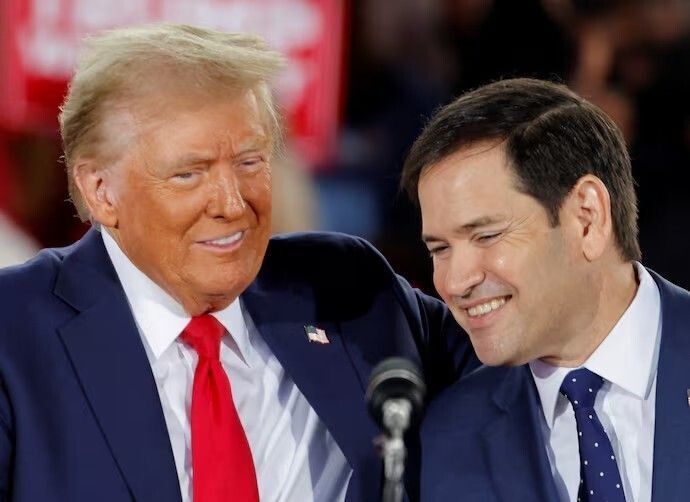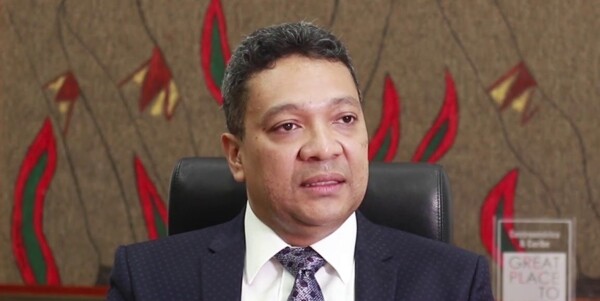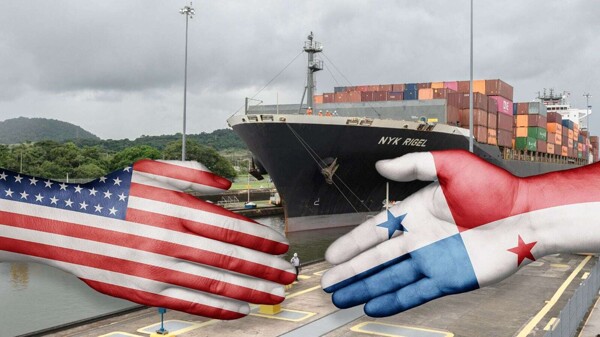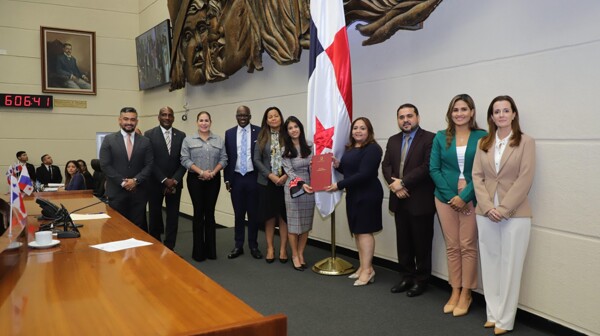
Since December 2024, concerns have arisen in Panama regarding Donald Trump's expressed interest in having the United States regain control of the Panama Canal. Trump has argued that the fees charged to American ships in transit are too high, which challenges Panama's sovereignty over this strategic interoceanic route.
The possibility of the Canal falling under U.S. control has sparked public denunciation and calls for international solidarity to protect Panama's sovereignty and existing international agreements. The importance of the Canal is highlighted not only for global trade but also as a symbol of national identity, resulting from the struggle of generations of Panamanians.
Trump's statements and those of his protégé Marco Rubio have intensified tensions between Panama and the United States. While Trump has mentioned Chinese influence in the interoceanic route and expressed interest in regaining control, Panamanian authorities have reaffirmed Panama's sovereignty over the Canal, warning of potential negative repercussions from a possible change of control.
The return to bilateralism in relations between Panama and the United States presents a dangerous measure that could compromise Panama's sovereignty and lead to undesirable scenarios, such as the presence of U.S. military bases on Panamanian territory. The international community is also watching this situation with caution, which could isolate Panama and generate unnecessary conflicts.
In the face of these threats to Panama's sovereignty and stability in the region, it is essential to strengthen national patriotic unity, intensify diplomatic efforts, and promote a collective response to protect the country's interests concerning the Panama Canal. It is necessary to avoid strategies that could compromise Panama's autonomy and control over this important global communication route.














